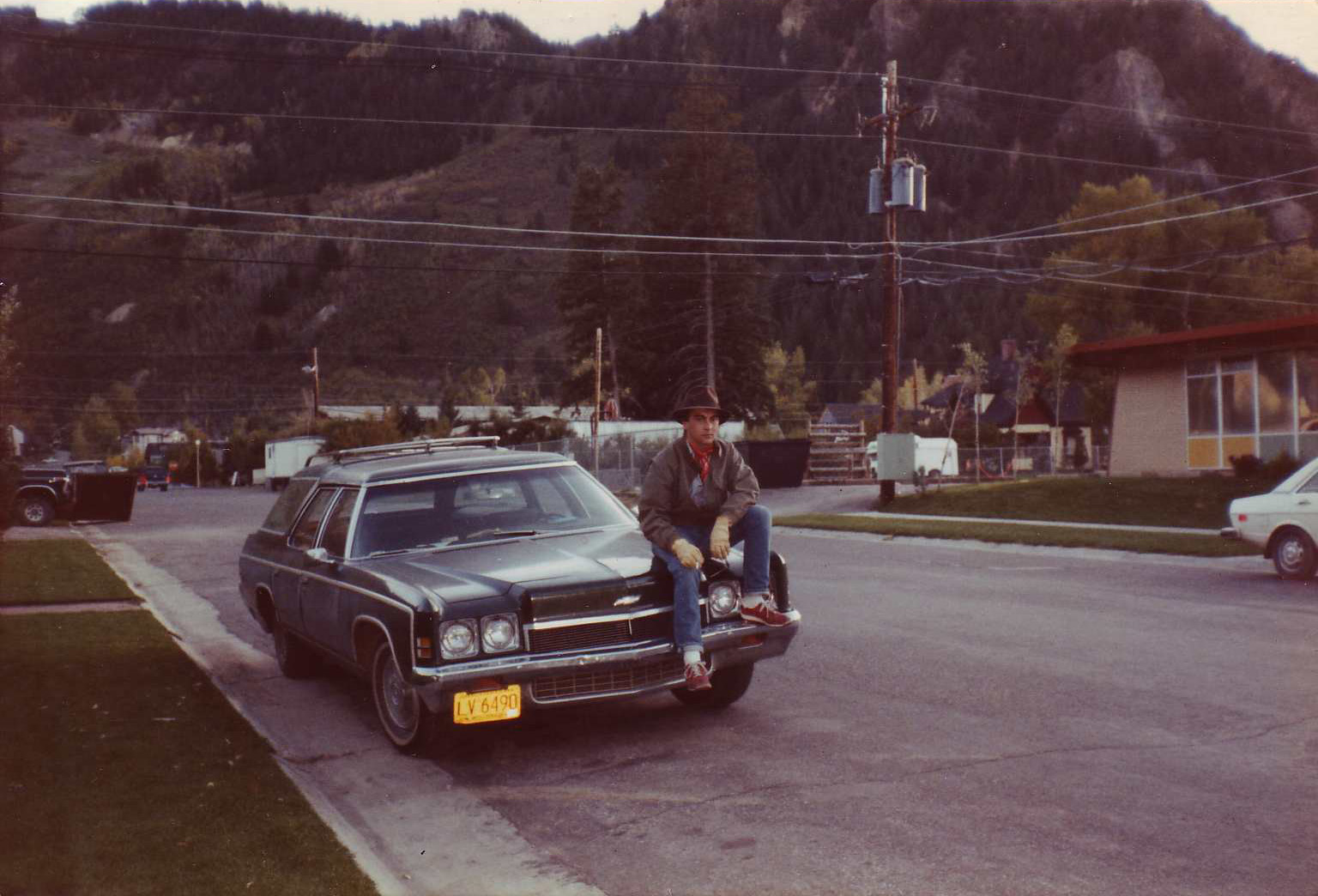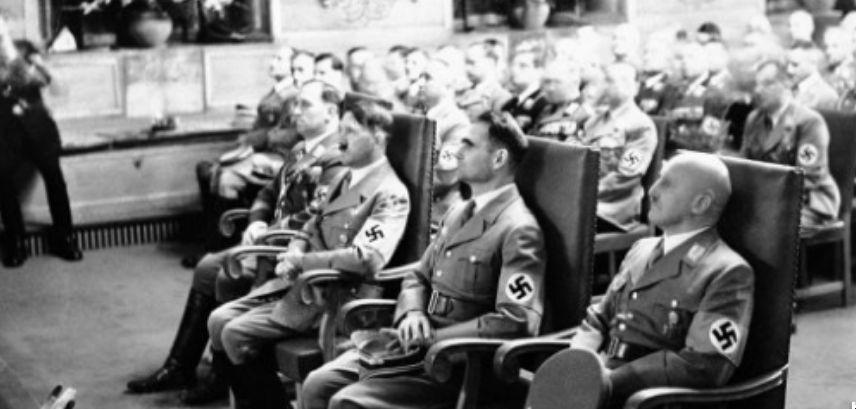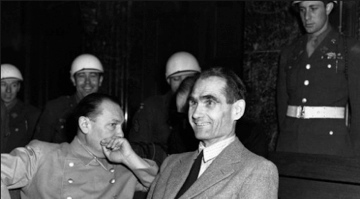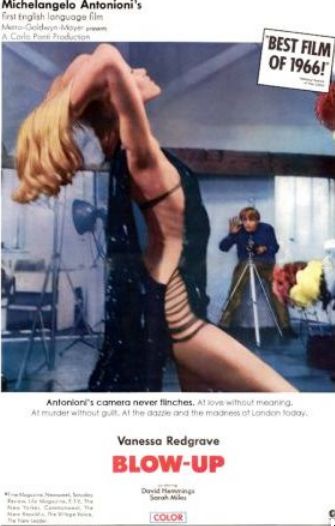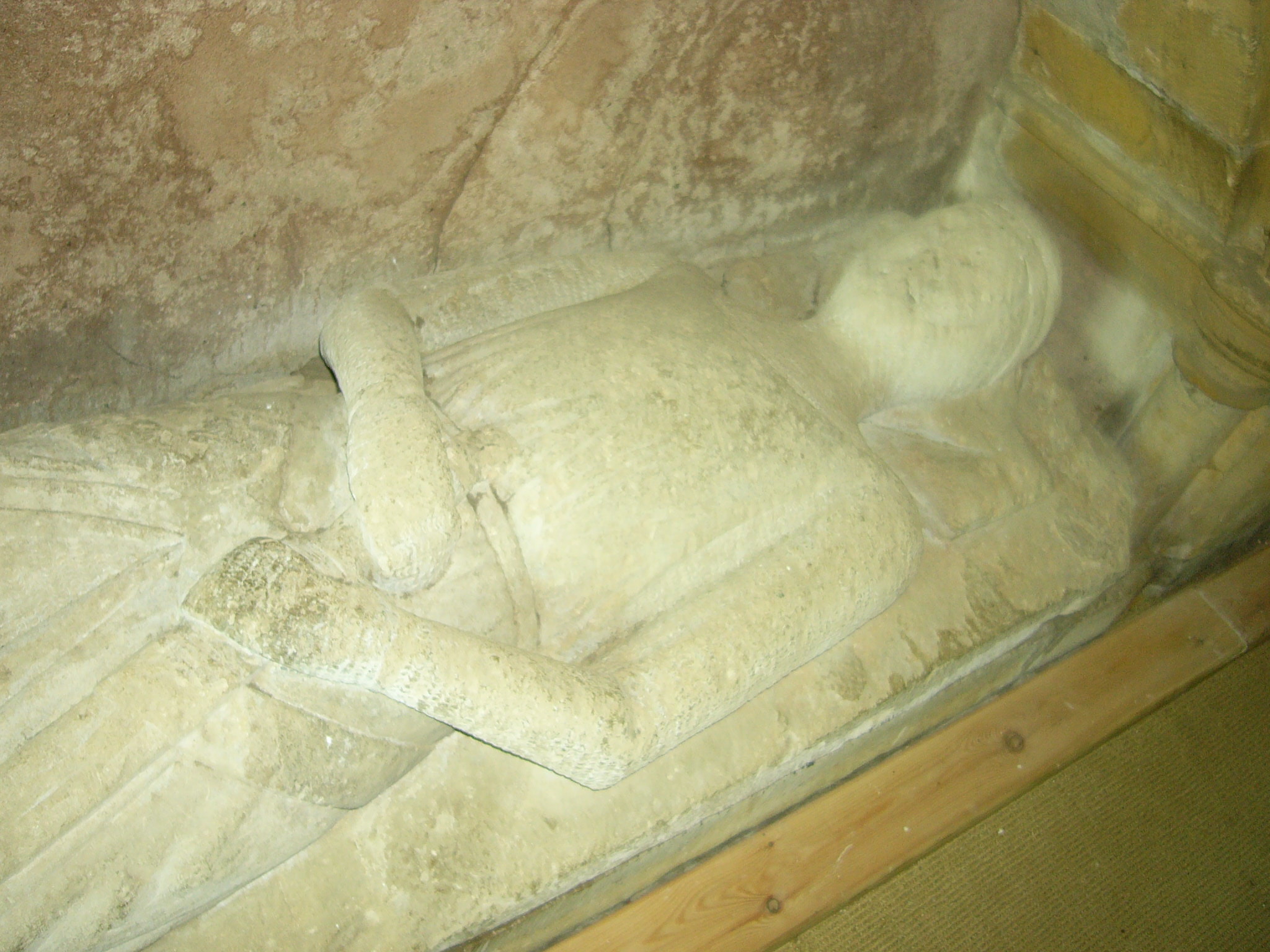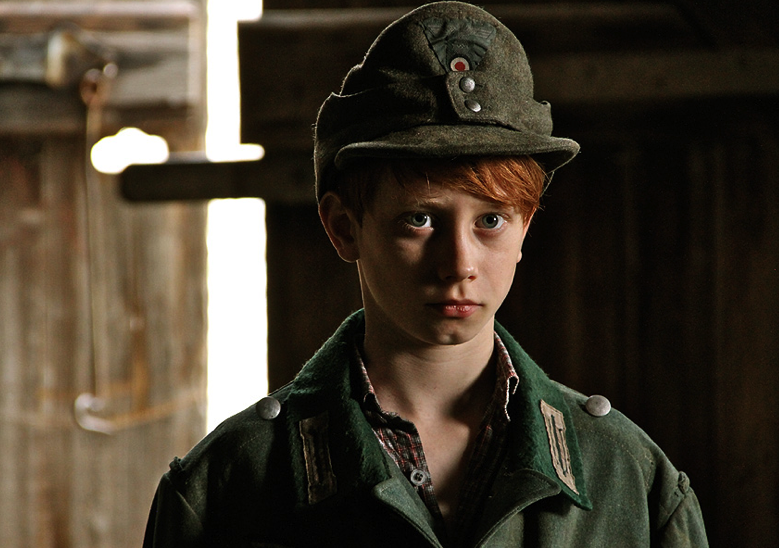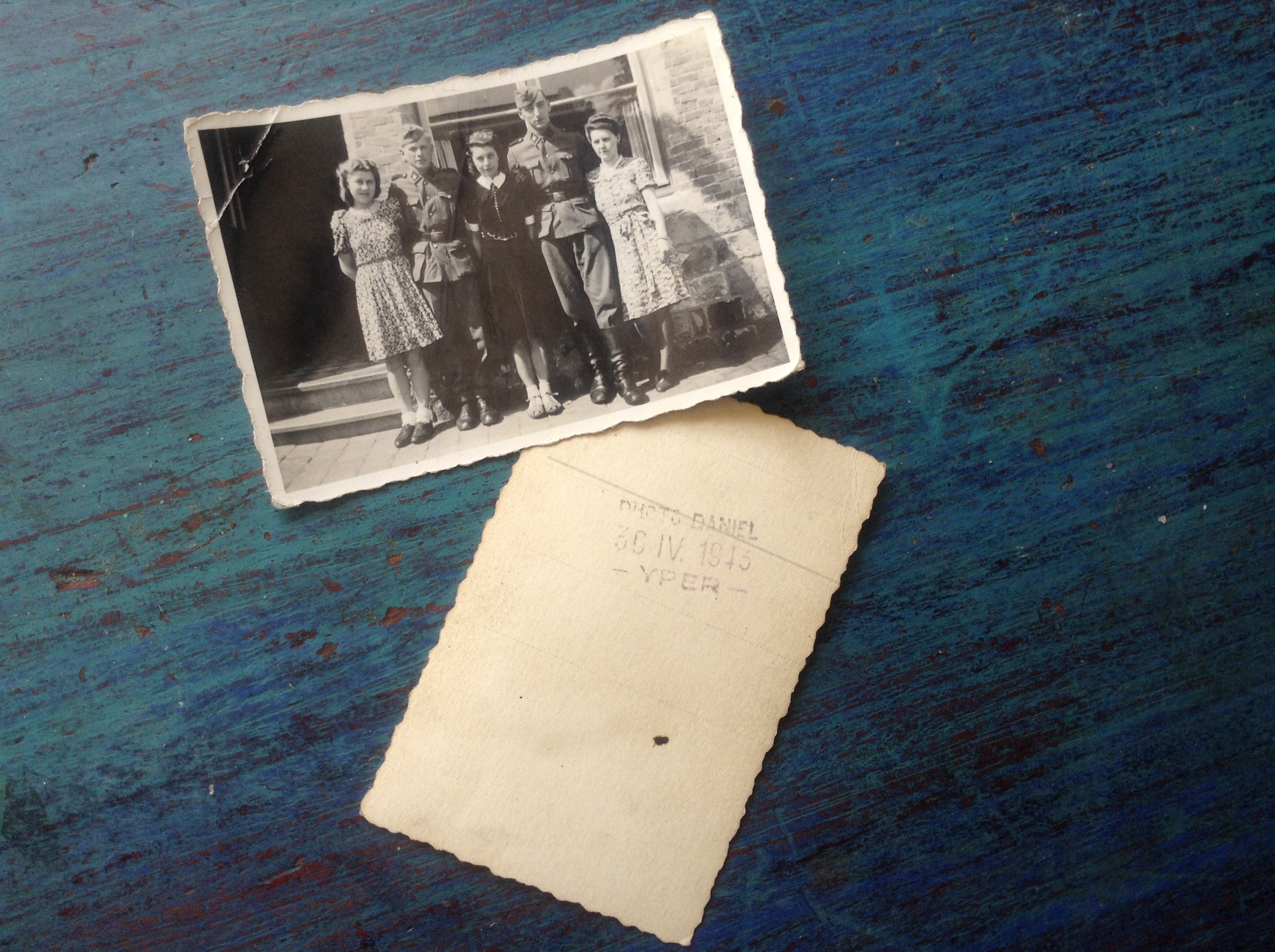I was taught this recipe I don’t know when. We ate it a fair bit because we didn’t have much money I think, but there are lots of other reasons to do it. It tastes good. It’s quick. It’s actually pretty good for you. I don’t understand why hardly anyone I know has ever heard of it.
It’s winter. It’s cold, your shoe feels like it’s leaking, it’s dark, you don’t know what you want, but you want something easy, hot, tasty and above all, quick. But that’s probably not going to happen tonight, so you’d better get some dinner instead.
OK, it’s not really called Mushrooms Unseen. But they are. Until now. I just call them Mushrooms On Toast. If you want to be fancy, or don’t like toast, or like me, your toaster has just half-broken, so it only does one slice at a time, like every darned toaster I’ve had for the past few years that give-up the day after the warranty expires, call them Poached Mushrooms.
And do them like this.
Get some mushrooms. Preferably brown chestnut ones from the market at £1 a paper bag. Although of course you might not go to a market, in which case more fool you. A pound/half kilo is too many for one, but choose how many you think you can eat.
Put some toast on.
Wash the mushrooms and cut them. I used to just chunk them, but slices look nicer.
Put them in a saucepan with a little milk and a knob of butter. Soya milk works fine. A knob of butter is the size of a walnut, and that’s way too much butter, so make it a small knob of butter.
Boil. Until they soften. The milk will go mushroom colour, astonishingly enough. It will also thicken, so don’t let it catch and burn on the pan. I like loads of black pepper with them. I can’t really imagine adding salt. This is a sweet, earthy taste. Add enough mushroom juice poured over the buttered (or better, Marmited) toast to make it soft.
That’s it. Less than ten minutes for a really nice, simple, tasty, quick, cheap, healthy lunch, good winter breakfast or supper. Every student should know about it. Every adult too. And I still don’t understand why hardly anybody I know has ever even heard of it.
Thank me later.


